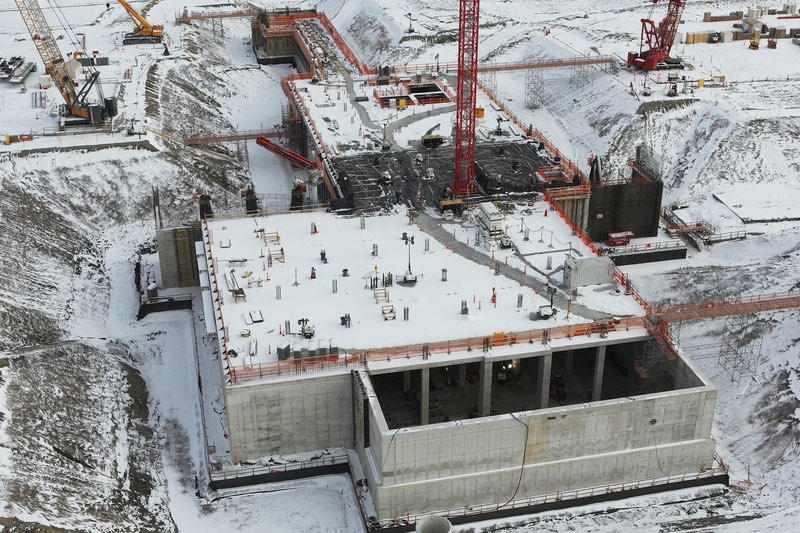Intel Corporation CEO Pat Gelsinger has retired from the company after a distinguished 40-plus-year career.
Gelsinger began his career in 1979 at Intel, growing at the company to eventually become its first chief technology officer.
During the transition, Intel has named two senior leaders, David Zinsner and Michelle (MJ) Johnston Holthaus, to work as interim co-CEOs while the board of directors conducts a search for a new CEO.
In the announcement, Gelsinger said that leading Intel has been the "honour of my lifetime", and then went on to thank colleagues for their work in what had been a "challenging year". He explained, "[the team has] made tough but necessary decisions to position Intel for the current market dynamics."
Intel's manufacturing around the globe in 2025
Frank Yeary, independent chair of the board of Intel, will become interim executive chair during the period of transition.
With regard to manufacturing capacities, Yeary said that advancing manufacturing and foundry capabilities while optimising operating expenses would continue to be the priority following Gelsinger's departure.
Back in September, Gelsinger released a message about the future of Intel's business. In this message, the CEO spoke about recent manufacturing investments.
Projects in Poland and Germany are going to be paused for approximately two years
"It’s time to shift from a period of accelerated investment to a more normalised cadence of node development and a more flexible and efficient capital plan," he said.
This was reflected later in the message when he was taking stock of the global manufacturing capacities. The European hub in Ireland, and the major Asian presence in Malaysia both have large construction projects coming to a close, and will remain operations.
However, projects in Poland and Germany are going to be paused for approximately two years based on "anticipated market demand".

The rest of the global manufacturing location projects will continue as planned, such as US investments in Arizona, Oregon, New Mexico and Ohio.
The Ohio project chose Bechtel as the contractor in 2022, with plans to complete the build by 2025. As of February 2024, this has been delayed to 2026 or 2027 due to business conditions and the demand environment.
